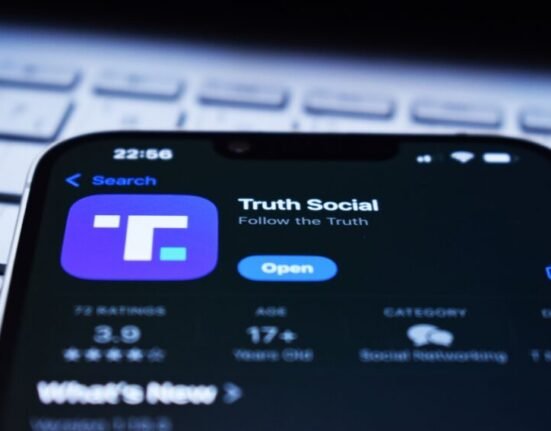The Delhi High Court has ordered Amazon, Flipkart, and other e-commerce platforms to remove product listings that infringe on the “Reliance” and “Jio” trademarks. Passing a dynamic injunction, the Court observed that such representations could confuse consumers or lead them to falsely believe that Reliance and Jio are selling those products. The development was first reported by Bar and Bench.
In its petition, Reliance alleged that e-commerce platforms were involved in soliciting orders, marketing, advertising, selling, and delivering goods by exploiting its trademark without authorization. Accordingly, the conglomerate contended that its trademark and copyright had been violated. Reliance also claimed that most of the infringing product listings were promoted under fictitious names and identities, making it “virtually impossible to trace, identify, and take legal action against them.”
What was the verdict?
Justice Saurabh Banerjee observed that the sellers promoting these infringing listings manufacture and offer the same category of fast-moving consumer goods (FMCGs) as Reliance. These include edible products consumed by a wide section of the public, including individuals from rural and semi-literate backgrounds. Accordingly, by using the impugned marks, the sellers aimed to “ride upon the goodwill and reputation attached to the plaintiff’s trademark,” Justice Banerjee noted.
In a similar vein, the Justice asserted that consumers rely on brand names and logos to identify products on e-commerce platforms, where such confusion could compromise safety. Consequently, “This Court should adopt a more cautious and stringent approach for judging the likelihood of confusion and exercise greater care,” the judgment read, while providing interim relief to Reliance.
Reliance’s scuffle with trademarks
This isn’t Reliance’s first ordeal with trademark infringement. In July 2025, the Delhi High Court issued an interim injunction barring any entity from misusing the name, brand, or trademark of Reliance’s beauty vertical, Tira. That case involved a large-scale fraud of Rs 41 lakh, where scamsters posed as Tira agents and duped over 8,900 customers across major metro cities. To tackle the issue, the Court directed telecom operators to block the listed numbers, WhatsApp to suspend the linked accounts, and the National Payments Corporation of India (NPCI) to disable the associated Unified Payments Interface (UPI) handles and QR codes.
A month earlier, a fake food delivery website surfaced, attempting to scam users by impersonating the Reliance Jio brand. In 2023, the Delhi High Court directed the Cyber Cell to investigate a scratch card scam that infringed upon Reliance’s AJIO trademark. Earlier, in 2019, the company successfully sued a nutraceuticals brand, True Care Life Sciences, for using its trademark “Jio” in their branding.
Separately, in May 2025, Reliance Industries filed a trademark application for the phrase “Operation Sindoor,” which it later withdrew following public backlash.
How is the government regulating e-commerce platforms?
The government is also working to regulate the conduct of e-commerce platforms. In January 2025, the Bureau of Indian Standards (BIS) released the “E-commerce Principles and Guidelines for Self-Governance.” Among other provisions, it directed e-commerce entities to undertake seller verification by ensuring they provide authentic details, including the legal entity name, business address, and verification through a Know Your Customer(KYC) process. Additionally, the platforms’ internal teams may review product pages before publishing them.
Advertisements
However, as analysed by MediaNama, the guidelines effectively diluted the accountability of e-commerce platforms. This stands in contrast to the 2019 draft guidelines, which had proposed contributory or secondary liability on such platforms regarding the authenticity of products sold on their marketplace. Notably, MediaNama Founder Nikhil Pahwa highlighted several concerns with the 2025 guidelines, including the exclusion of customer-to-customer (C2C) platforms and the problem of implicit vouching.
Why this matters
This case is significant in light of the growing number of trademark infringement cases involving e-commerce platforms. In February 2025, the Delhi High Court fined Amazon $39 million for breaching the trademark of ‘Beverly Hills Polo Club’. Later, upon the e-commerce giant’s challenge to the order, the Court granted temporary relief.
In 2018, footwear brand Metro Shoes alleged that Flipkart’s private label “Metronaut” was similar to its trademark, amounting to infringement. More recently, in June 2025, the Delhi High Court permitted the use of the “PUMA” trademark in the drop-down menu of IndiaMART, while directing the listing service to remove all other infringing listings.
Overall, this ruling reinforces the expectation that e-commerce platforms must proactively prevent trademark misuse, particularly in cases where it could mislead customers and damage brand reputation.
Also Read:
Support our journalism:
For You
Source link







